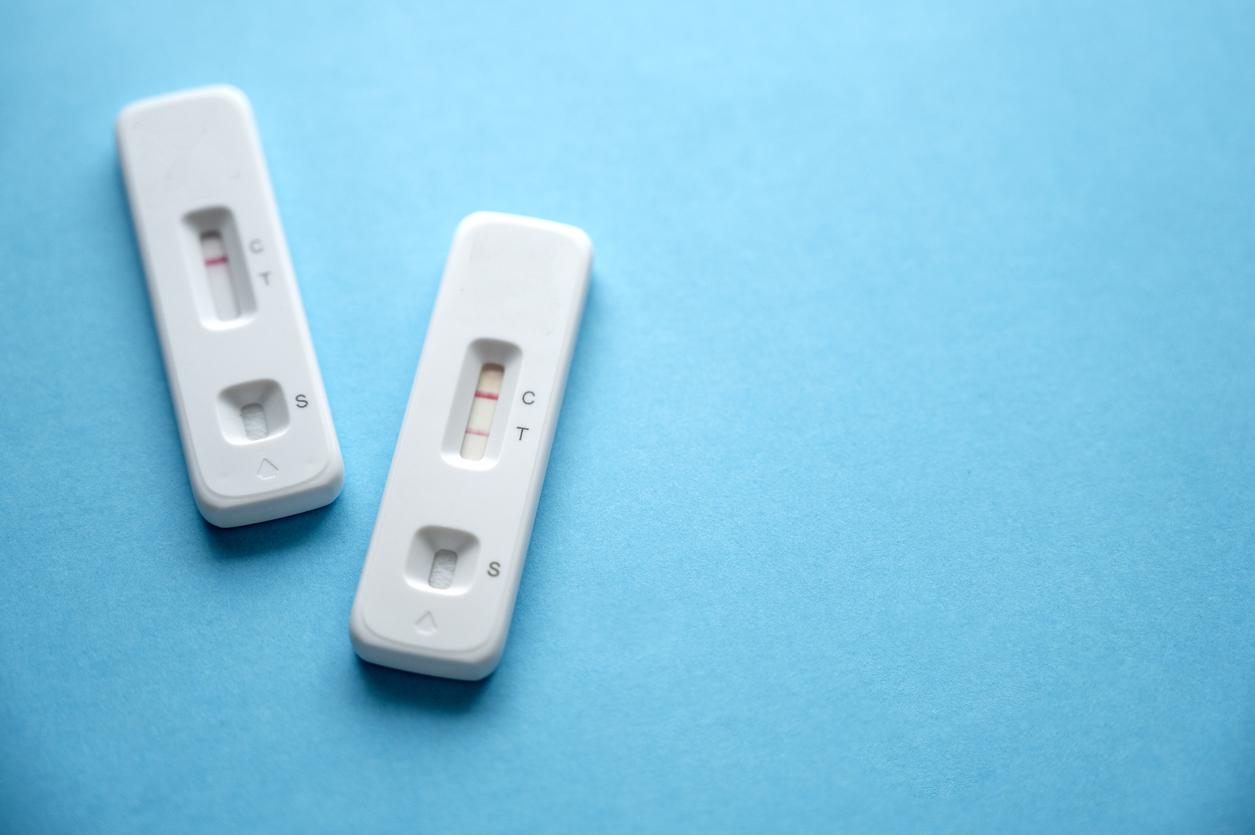According to UFC-Que Choisir, our intestinal microbiota could well do without the probiotics sold in pharmacies. In their latest issue, the researchers highlight in particular the fact that these living microorganisms are marketed as simple food supplements.

Probiotics are in the era of time. In a joint report, WHO and FAO define them as “live microorganisms which, ingested in sufficient quantity, can have a beneficial effect on health by improving the intestinal flora.” They would thus have the power to improve transit, to fight against colopathies or even stomach ulcers. The trend is such that according to industry experts, the probiotics market should reach around 50 billion dollars in global sales within four years. However, according to Que Choisir, the monthly of the Federal Consumers Association, “our microbiota can do without it”. In his last issue published on November 21the organization is attacking the marketing of probiotics in the form of simple dietary supplements.
“For certain intestinal infections recalcitrant to antibiotics, by transplanting the microbiota from a healthy person to a sick person, we manage to cure it almost instantly”, writes Que Choisir, who recalls that the microbiota can also have an influence on autoimmune diseases such as cancers or neurological diseases.
However, in recent years, only probiotics have been mentioned to take care of the microbiota. In 2015, scientists managed to manipulate bacteria present in our digestive system to lower glucose levels by 30% in diabetic rats, while others showed that taking probiotics could limit weight gain. in obese people by reducing fat absorption. Their benefits would even go beyond problems related to the intestine, according to some researchers. According to a study presented in the journal International Forum of Allergy & Rhinologyprobiotics would, for example, be a therapeutic route to consider for people suffering from allergic rhinitis.
Everyone has their own gut microbiota
If science is interested in the capacities of living microorganisms, probiotics sold in pharmacies are not necessarily beneficial for everyone, recalls Que Choisir. In a report, the DGCCRF (General Directorate for Competition, Consumer Affairs and Fraud Prevention) pinpoints “the use of health claims relating to microorganisms (such as the term ‘probiotics’)” . “These claims are aimed at immune functions, digestion and are sometimes associated with children. However, no health claim is currently authorized for these bacteria,” she writes. Also, the microbiotic strains marketed do not have the right to bear the name of “probiotics” nor to boast of their effects on health, warns the DGCCRF.
The world of microorganisms is particularly complex, and the intestinal microbiota is specific to each one. Consequently, “the data from decades of research on the effectiveness of probiotics in the prevention and treatment of diseases remain contradictory, controversial and confusing”, explains Professor Philippe Marteau, gastroenterologist at Saint-Antoine Hospital, in Paris. According to the specialist, it is necessary to “reason on a case-by-case basis”. For example, some people would be “hospitable” to certain probiotic bacteria, while others are not.
However, “as they are food supplementsmanufacturers do not have to prove efficacy before marketing, unlike drugs (…) In fact, manufacturers often do not bother to conduct these studies because they are very expensive and it is not necessary since in the end it is sold without the need for these proofs”, explains to BFM TV Fabienne Maleysson, journalist author of the study for Que Choisir.
Cataloging probiotics as drugs?
Therefore, the researchers suggest that probiotics be categorized as drugs and not dietary supplements. Thus, their effectiveness could be tested before marketing.
According to the National union of food supplements, in 2017, the food supplements market represented 2.3 billion dollars in turnover in France, which ranks us among the largest European consumers. Interesting when you know that recently, the association 60 Million consumers questioned the effectiveness of many dietary supplements in an issue specially dedicated to the subject.
.















